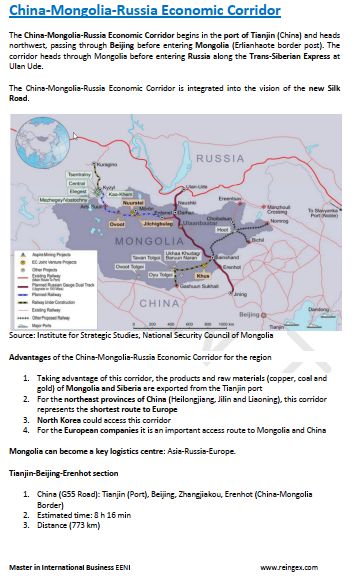Investment in China

Foreign direct investment (FDI) in China
- Introduction to the foreign direct investment in China
- Investment Environment in China
- Top Sectors for investing in China
- Tips for investing
- Project set-up
- Investment costs and procedures
- Case Study: Wal-Mart in China

The Subject “Foreign direct investment in China” belongs to the following Online Programs taught by EENI Global Business School:
Masters: International Business, Foreign Trade.
Course: Taoism, Confucianism & Business.

Languages:  or
or  China
China  China
China  China.
China.
国际贸易.

Foreign direct investment in China.
- Investment in China: 383 billion USD
- China has become a favorable Foreign direct investment destination for the multinationals
- 122 mainland companies had been listed on the Hong Kong Stock Market
- China successfully took over the new-found international manufacturing industry
- China detained the chance of manufacturing restructuring and global shift and attracted a great deal of foreign direct investment (FDI), making China as a significant production base in the World
- With the full implementation of the Chinese WTO engagements, apparent progress has been made opening the services sector
- 71 foreign banks from twenty countries have set up 238 business operative institutions in China
- Near ten Chinese-invested Commercial banks including China Construction Bank, Bank of China and Industrial and Commercial Bank of China have brought in a large strategic investment, and China Construction Bank and Bank of Communications were successfully listed abroad
- On the basis of the WTO engagements, the insurance industry has been opened to foreign-invested insurance companies in all regions and all business excluding related statutory insurances
Top sectors for investment:
- Agri-food
- Industrial products
- Consumer Products
- Automotive components (Shanghai boasts the presence of important production centers: General Motors, Volkswagen, and Renault)
- Environment (financing and environmental projects management, equipment exports, and environmental technology, in particular for wastewater and solid waste treatment)
- Services
- Tourism (recent signing of an agreement between China and the EU to speeding up the tourist visas processing to Europe opens up numerous possibilities)




